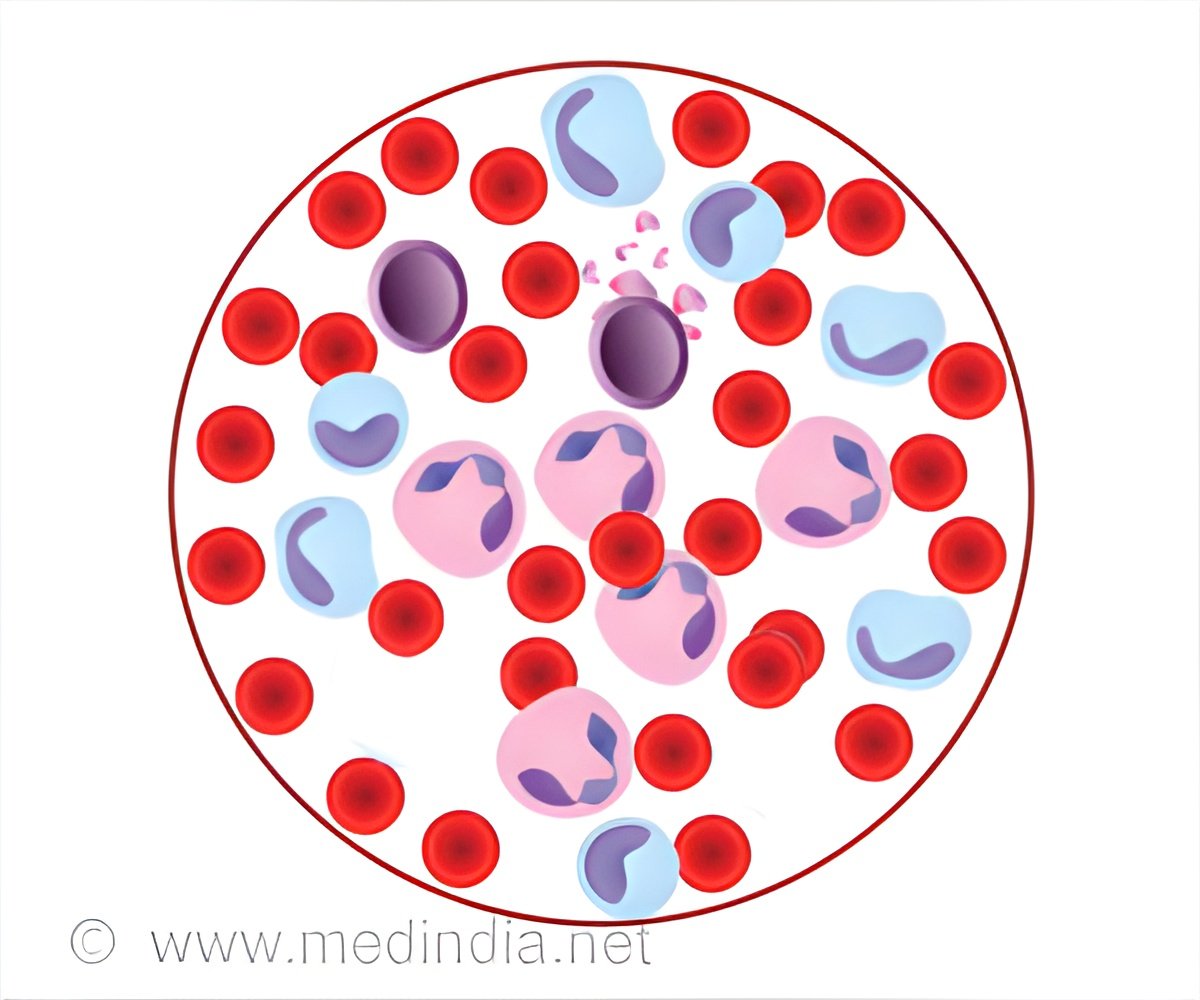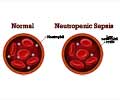Investigational drug when combined with chemotherapy shows clinical efficacy in relapsed/refractory acute myeloid leukemia (AML) patients.

‘Investigational drug – ficlatuzumab (a first-in-class monoclonal antibody) shows clinical efficacy in relapsed/refractory acute myeloid leukemia (AML) patients when combined with chemotherapy. This may help in treating the patients diagnosed with this very dangerous disease and provide new hope for life.’





Burden of AML
It is reported that only about half of patients with AML achieve long-term disease control. Many others are treated with multi-agent chemotherapy as they fail to respond to initial therapy. "Unfortunately, patients whose cancers relapse or don't respond to initial therapy face a poor outlook, as only 30 to 40 percent of these patients respond to subsequent multi-agent chemotherapy and even fewer develop long-term remissions. Most patients will eventually succumb to their disease," says senior author Charalambos Andreadis, MD, professor of clinical medicine at the University of California, San Francisco (UCSF).
Several therapies have been developed recently for targeting AML-specific genetic mutations. But the drugs prove effective for only a certain group of patients. Hence there is a need for widely applicable AML therapies.
The Investigational Drug
The present study examined the efficacy of the investigational drug – Ficlatuzumab (a first-in-class monoclonal antibody) in 17 adult patients with refractory AML. They were administered four doses of Ficlatuzumab 14 days apart, along with the chemotherapeutic drug – cytarabine.
Advertisement
The patients with refractory AML have higher levels of an extracellular circulating factor called hepatocyte growth factor (HGF). The drug is shown to bind with the HGF to prevent tumor growth rather than targeting a cancer-specific mutation.
Advertisement
Source-Medindia













